
The Future of Everything
The Science of Prediction
First Edition: 2007 plus...
ISBN: 9781568583693
Pages: 464
Recommendation
This book is a fascinating, very readable look at the accuracy of modern forecasting. David Orrell begins with an overview of the history of telling the future, including humanity’s inherent need to try to decipher what tomorrow holds. He covers the current state of forecasting in fascinating detail, dwelling on weather and climate, economics and medicine. He points out the shortcomings in experts’ current ability – or lack thereof – to predict the future accurately in any of these realms. Finally, he discusses the future of forecasting, and makes a case for using the limited models available to become better prepared for future events, particularly climate-related ones, even those that are impossible to forecast with precision. The fiscal and commercial relevance of his advice is startlingly clear in light of recent natural disasters. getAbstract highly recommends this well-structured overview of forecasting and the author’s cautionary message that the planet’s health will govern much of what lies ahead.
Summary
About the Author
David Orrell, Ph.D., received his doctorate in mathematics from the University of Oxford. His work on the prediction of complex systems has been featured in numerous publications and on radio in the U.S. and the United Kingdom.








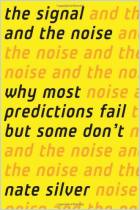
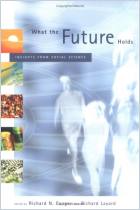
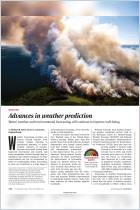
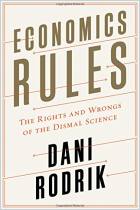
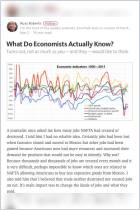






Comment on this summary or Démarrer une discussion